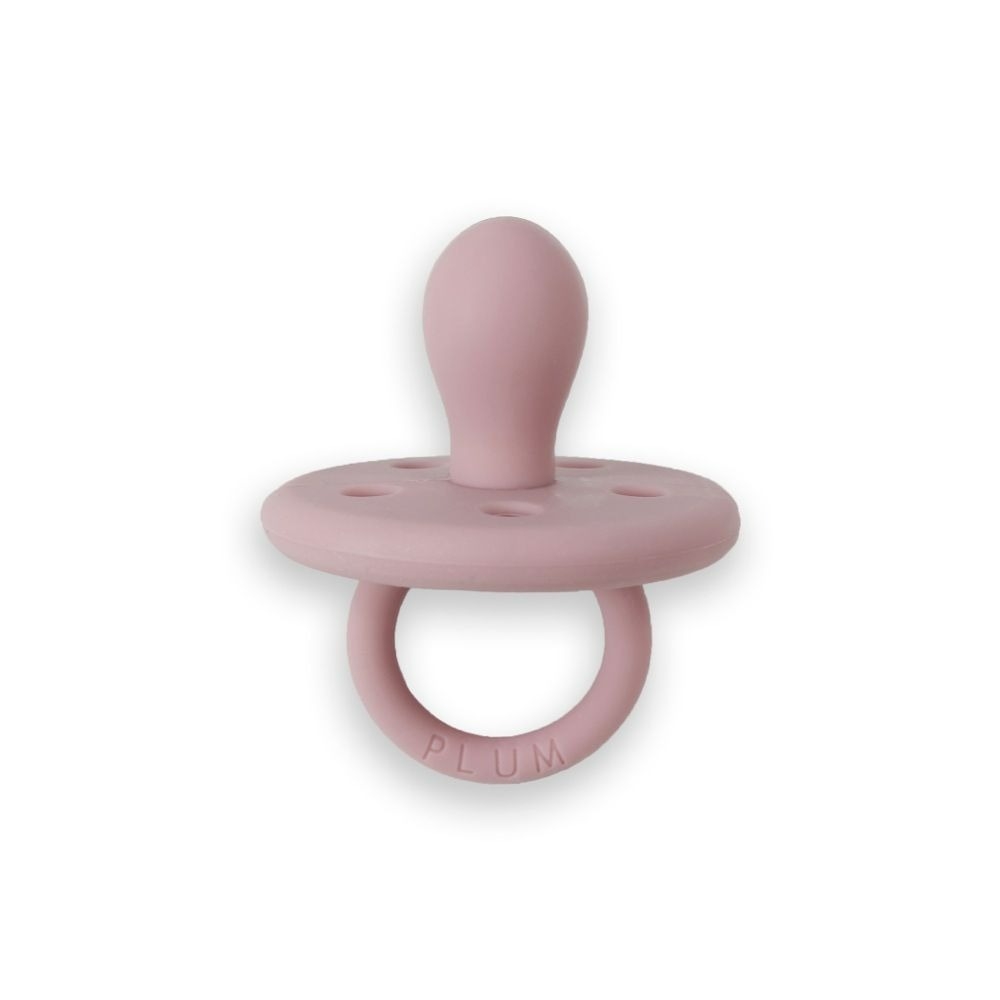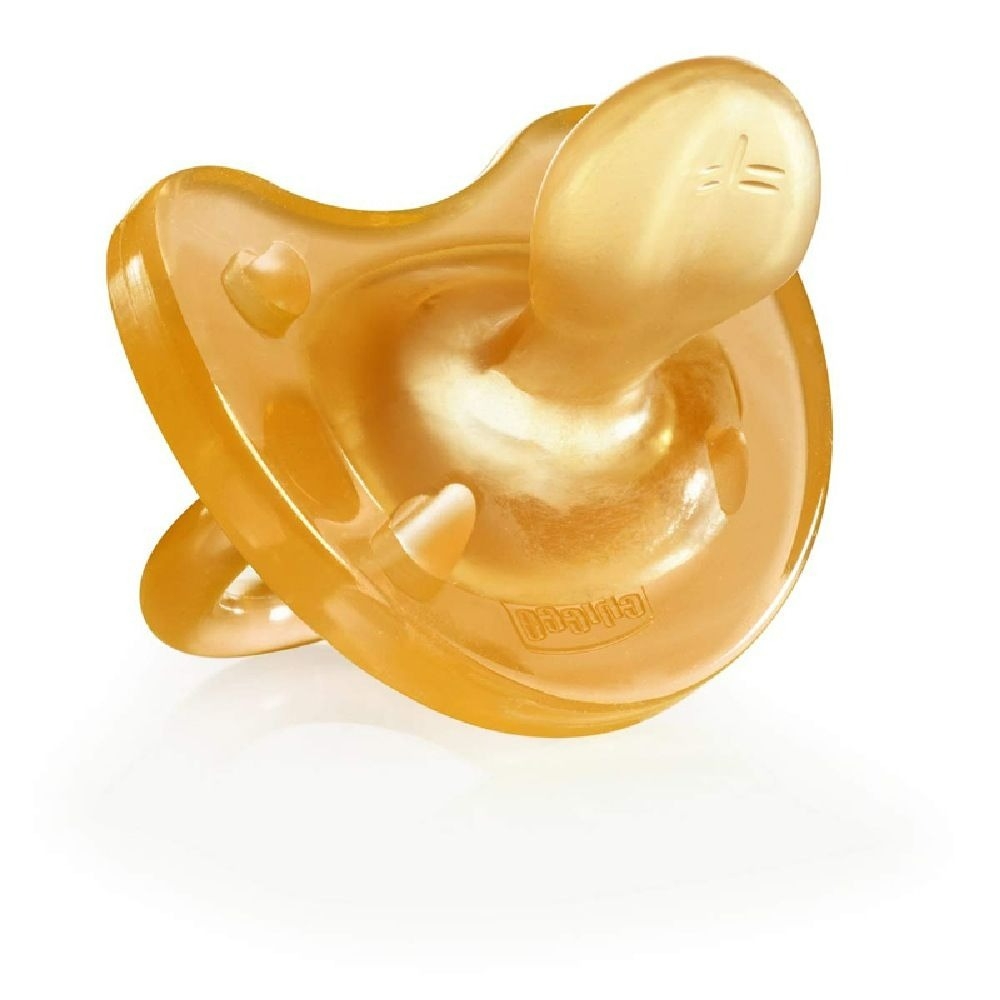Soothers and Dummies
Dummies and soothers are common items in households with a baby. Not only are they nifty in helping calm your child, but they may also help soothe your child during teething episodes. At Baby Bunting, we offer a wide range of dummies, soothers, and pacifiers with your child’s palate, teeth, and gum development in mind.
Soothers, Dummies, and Pacifiers: What's the Difference?
Soothers, dummies, and pacifiers are essentially different names for the same comforting device used to soothe babies. They help satisfy a baby’s natural sucking reflex, which can be incredibly calming and can help settle your baby during naps or bedtime. It’s also quite common for dummies to be used during teething.
Benefits of Using Dummies and Soothers
Using a dummy or soother can have several benefits for both babies and parents:
- Comfort: Soothers can provide instant comfort and help calm a fussy baby.
- Sleep Aid: They can help babies fall asleep faster and stay asleep longer.
- Pain Relief: Pacifiers can be useful for relieving discomfort during teething.
- SIDS Prevention: Some studies suggest that using a pacifier during sleep can reduce the risk of Sudden Infant Death Syndrome (SIDS).
Types of Baby Dummies
Silicone Dummies
These dummies are made of silicon - a durable and safe material for babies. Silicon dummies like the Plum Soother Dusty Berry are also firmer, which allows them to have a longer use. These are a popular choice for many parents because of how durable and easy to clean they are.
Latex Dummies
Softer and more flexible than silicone, latex soothers such as the Chicco Physio Soft Latex Soother offer a more natural feel for your baby.
Oral Hygiene and Dummies for Babies
Maintaining good oral hygiene is crucial even when your baby is using a pacifier. Oral hygiene for babies often involves keeping their mouths clean, especially after feeding. Once they start to teeth, you may introduce brushing with a baby toothbrush such as the
If you’re child is using a dummy, here are some tips for improving their oral hygiene:
Regular Cleaning
Clean your dummies regularly after each use with warm soapy water or according to the manufacturer’s instructions. If your baby drops their soother, never clean the soother by popping it in your mouth as this may introduce bacteria in their mouths. Additionally, make sure to sterilise a soother in boiling water before its first use.
Replace Frequently
Check dummies for wear and tear and replace them as needed or according to the manufacturer’s recommendation to maintain hygiene and safety. As a general guideline, it is suggested to change silicone pacifiers every 3 months and latex pacifiers every 2 months. This may differ depending on the frequency of your child’s usage.
Limit Usage
Avoid using pacifiers excessively to prevent potential oral health issues. It’s also best to slowly wean your child off as they grow older. Keep in mind that it is generally not advisable for your child to continue using the dummy beyond 2 years of age.
Frequently Asked Questions
Will constant use of a dummy affect my baby’s teeth?
Prolonged use of a pacifier can affect dental development, particularly if used beyond the age of 2-3 years. Orthodontic pacifiers are designed to minimize these risks, but it’s essential to monitor and limit usage as your child grows.
When can my baby start using a pacifier?
Infants can start using pacifiers from birth. Many parents introduce a pacifier within the first few weeks if breastfeeding is well established and the baby has a strong sucking reflex.
When should your baby stop using a dummy?
It’s generally recommended to begin weaning your baby off a pacifier around the age of 1 and ideally before the age of 3 to avoid potential dental issues and ensure proper oral development.

